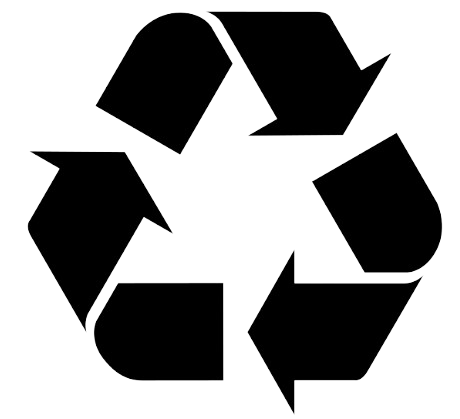Understanding Bans & Regulations on Single-Use Plastics
.jpg)
Pollution from single-use plastics has become a global crisis, prompting governments worldwide to take action to address this pressing issue. The UK has long been grappling with a significant plastic pollution problem that poses a severe threat to ecosystems, wildlife, and human wellbeing. The country disposes of around 5 million tonnes of plastic waste annually, much of which ends up in landfills or pollutes rivers and oceans. Recognising the urgent need for action, the UK government introduced a series of measures to tackle this problem.
On 1st October 2023, the battle to tackle plastic pollution ramped up - with a series of bands and regulations on single-use plastic coming into force. The new regulations state that no business or vendor in England (including retail, takeaway or other part of the hospitality industry) can sell single-use plastic cutlery, trays, balloon sticks, polystyrene cups or food containers. Guidance has been provided to businesses throughout 2023 to ensure they were prepared for the change, with restrictions also being placed on plastic suppliers.
Why is a single-use plastic ban necessary?
Plastic pollution inflicts significant damage on our planet as well as being a source of greenhouse gas emissions, from the way it is manufactured to the way it is disposed of.
Did you know? People across England use 2.7 billion items of mostly plastic single-use cutlery and 721 million single-use plates every year, but only 10% of these are recycled.
In a statement, Environment Minister Rebecca Pow said:
“This new ban is the next big step in our mission to crack down on harmful plastic waste. It will protect the environment and help to cut litter – stopping plastic pollution from dirtying our streets and threatening our wildlife. This builds on world-leading bans on straws, stirrers and cotton buds, our single-use carrier bag charge and our plastic packaging tax, helping us on our journey to eliminate all avoidable plastic waste by 2042.”
At Kedel, we welcome the steps the government is taking to help reduce the amount of plastic waste ending up in landfills, and we’re not the only ones. Public consultation showed that 95% of the public are in favour of the planned prohibitions, proving that when it comes to environmental protection - people and businesses want to do the right thing.
Looking to the future
As well as the single-use plastic ban, the government has announced a wider plan of action to eliminate all avoidable plastic waste by 2042. We’ve already seen the ban on microbeads in personal care products in 2018, as well as restrictions placed on plastic straws, stirrers and cotton buds in 2020. The Plastic Packaging Tax was introduced in 2022, which places ‘a tax of £200 per tonne of plastic packaging manufactured in or imported to the UK that does not contain at least 30% recycled plastic’.
There is still much more to do in order to tackle to damage caused by plastic, and we look forward to seeing new proposed schemes take effect in the near future, including a deposit return scheme for drinks containers to recycle billions more plastic bottles and plans to simplify recycling collections for every household and business in England.
The UK's bans and restrictions on polluting single-use plastics demonstrate a comprehensive approach to tackling plastic pollution. By banning specific items, implementing charges and taxes, introducing recycling schemes, and holding producers accountable, the UK government is making significant strides toward reducing plastic waste and promoting sustainability. At Kedel, our focus remains unchanged - to create innovative products using recycled plastic materials that would usually end up in landfills. To find out more about our process and materials, do not hesitate to get in touch with a member of the team.

.png)

 100% Recycled Plastic
100% Recycled Plastic Will Never Rot
Will Never Rot 25 Year Guarantee
25 Year Guarantee Low Carbon Footprint
Low Carbon Footprint